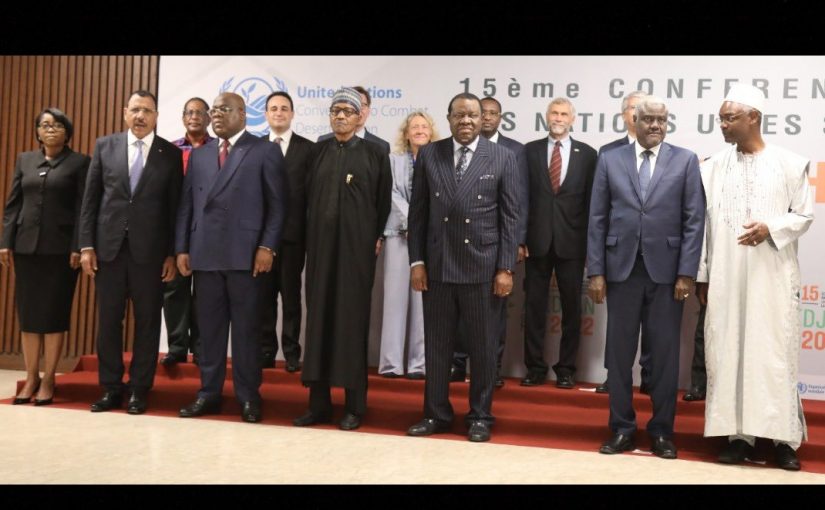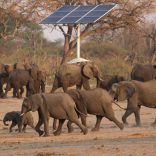South Africa reports H5N1 bird flu on poultry farms, international agency says
Namibia commits to fighting desertification

Photo: Twitter / @hagegeingob
President Hage Geingob has reaffirmed Namibia’s commitment to combating the effects of climate change, particularly desertification.
He said this at the fifteenth conference of parties to the United Nations Convention to Combat Desertification, which started in Ivory Coast on Monday.
Geingob said because 30% of Namibia’s land surface is desert, it imposes a huge responsibility on the country to promote policies that focus on combating desertification, through the promotion of land degradation neutrality targets as part of Namibia’s sustainable agriculture and food security strategy.
The president said Namibia has experienced three devastating droughts over the past six years, of which one has been recorded to be the most severe in the past 100 years.
He also noted that since independence in 1990, Namibia experienced at least 12 years in which half of the country received below-average rainfall, resulting in droughts and land degradation.
This Summit of Heads of State and Government must come up with practical measures, recommendations and assistance to mobilize resources to complement the existing efforts in building desertification resilience and Sustainable Land Management. https://t.co/1ViGrPcSZP pic.twitter.com/pVqugoHiBY
— Dr Hage G. Geingob (@hagegeingob) May 9, 2022
“During these years, a large number of farmers lost their livestock and experienced poor crop harvests. In some instances, droughts are followed by floods, compromising food security and livelihoods of farming communities. Therefore, land degradation and desertification, which are further compounded by climate change, are a matter of serious concern to us,” Geingob said.
He further said the country is in the final phase of implementing its third national action programme to combat desertification, land degradation and drought.
This programme, Geingob said, underscored the government’s commitment to integrate sustainable land management into national development priorities.
The third national action programme recognises that desertification, land degradation and drought are significant threats to inclusive and equitable socio-economic development.
“The programme also promotes a more synergistic approach to sustainable land management, water management, climate change adaptation, conservation and sustainable use of biodiversity, all of which are closely linked in the Namibian context,” Geingob stated.












Leave a Reply
Be the First to Comment!
You must be logged in to post a comment.
You must be logged in to post a comment.